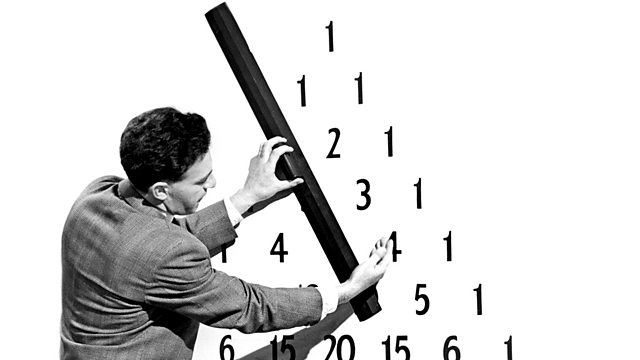
Episode 3
Prof Hugh Cunningham compares the Victorian 'leisure classes' with the middle classes, who experienced stresses similar to those that many people do today.
We talk now of a 'work/life balance', as though 'work' is something quite separate from 'life' and the meaning of both is self-evident. How have we arrived at such a way of thinking? It's hard to find answers because, while there is endless newspaper coverage of the issue, no history of the work/life balance exists. Especially for The Essay, Professor Hugh Cunningham explores the place that work has played in British lives from proto-industrialism in the C18th to post-industrialism in the C21st through five vivid chronological snapshots. Each tells the story of a particular period while shedding new light on a contemporary juggling act that causes great stress to many if not most people in our society
Throughout the series Hugh Cunningham returns to two themes: the impact of contemporary consumerism on our working lives and the difference between the work/leisure balance of the past - when the work-force was mainly male - and the so-called work/life balance of today - with women most taking the strain.
In Episode Three, Hugh Cunningham tells the story of how the burgeoning Leisure Class spent their time in Victorian Britain, while the Middle Class so-called "brain workers" began to experience a level of stress in their lives with which many of us can identify today
Producer: Beaty Rubens
(Rpt).
Last on
More episodes
Previous
Broadcasts
- Wed 25 Mar 2009 23:00成人快手 Radio 3
- Wed 24 Feb 2010 23:00成人快手 Radio 3
Death in Trieste
Watch: My Deaf World
The Book that Changed Me
Five figures from the arts and science introduce books that changed their lives and work.
Podcast
-
![]()
The Essay
Essays from leading writers on arts, history, philosophy, science, religion and beyond.




